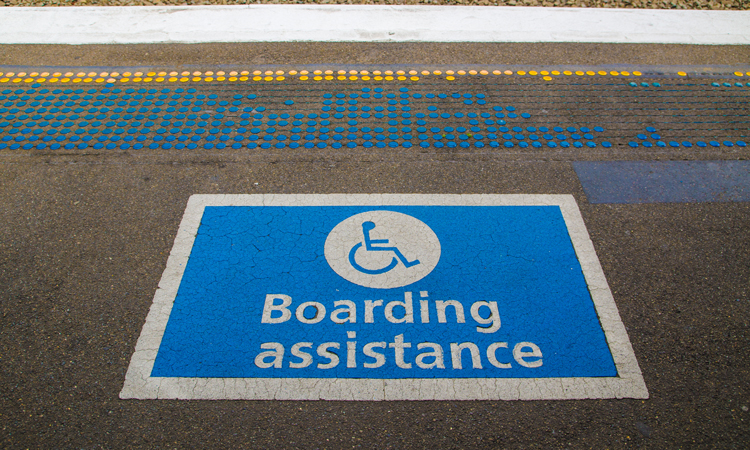Wide-ranging proposals published to make the railway more accessible for all
Posted: 14 November 2018 | Global Railway Review | No comments yet
The wide-ranging reforms to the Disabled People’s Protection Policy (DPPP) are designed to bring greater quality, consistency and reliability to assisted travel for disabled passengers.


The Office of Rail and Road (ORR) has published proposals that significantly revise guidance for train and station operators to make the railway more accessible for all.
ORR’s evidence-led review – informed by extensive passenger research, input from disability groups, industry experts and key stakeholders – has generated new insight into long-standing problems, particularly the industry systems and processes which often undermine the ability of staff to deliver assisted travel with the consistency expected.
To address this, ORR is consulting on proposals to increase the reliability of assistance for disabled passengers by introducing a new standardised handover process for all GB mainline stations and improve accessible journey planning by standardising key station accessibility information on facilities, step-free access and staffing.
It is also proposed to reduce the notice period for booking assistance; ensure all train companies provide compensation to passengers if they do not receive the assistance they have booked; standardise and improve information for passengers including a more concise passenger leaflet focused on what to expect before travelling, at the station, on the train and if things go wrong; and strengthen train and station operators’ staff training with refresher training at least every two years.
ORR is also recommending the Rail Delivery Group promote assisted travel to the people who would benefit from this service but do not currently travel by rail.
Stephanie Tobyn, Deputy Director, Consumer Affairs ORR, said: “Assisted travel is a vital service that should offer disabled people the opportunity to travel with ease.
“Throughout this review process we have been encouraged by the good practice we have found, however, we know more needs to be done until every passenger can travel with confidence consistently.
“Our proposed reforms are a much-needed change to the current guidance that was written in 2009. Much has changed since then and while there has been good practice, this often has not gone far or fast enough. We recognise the potential cost of changes and that they may take time to put in place, but we are ambitious in our vision of a more accessible railway for all.”
Global Railway Review Autumn/ Winter Issue 2025
Welcome to 2025’s Autumn/ Winter issue of Global Railway Review!
The dynamism of our sector has never been more apparent, driven by technological leaps, evolving societal demands, and an urgent global imperative for sustainable solutions.
>>> Read the issue in full now! <<<







